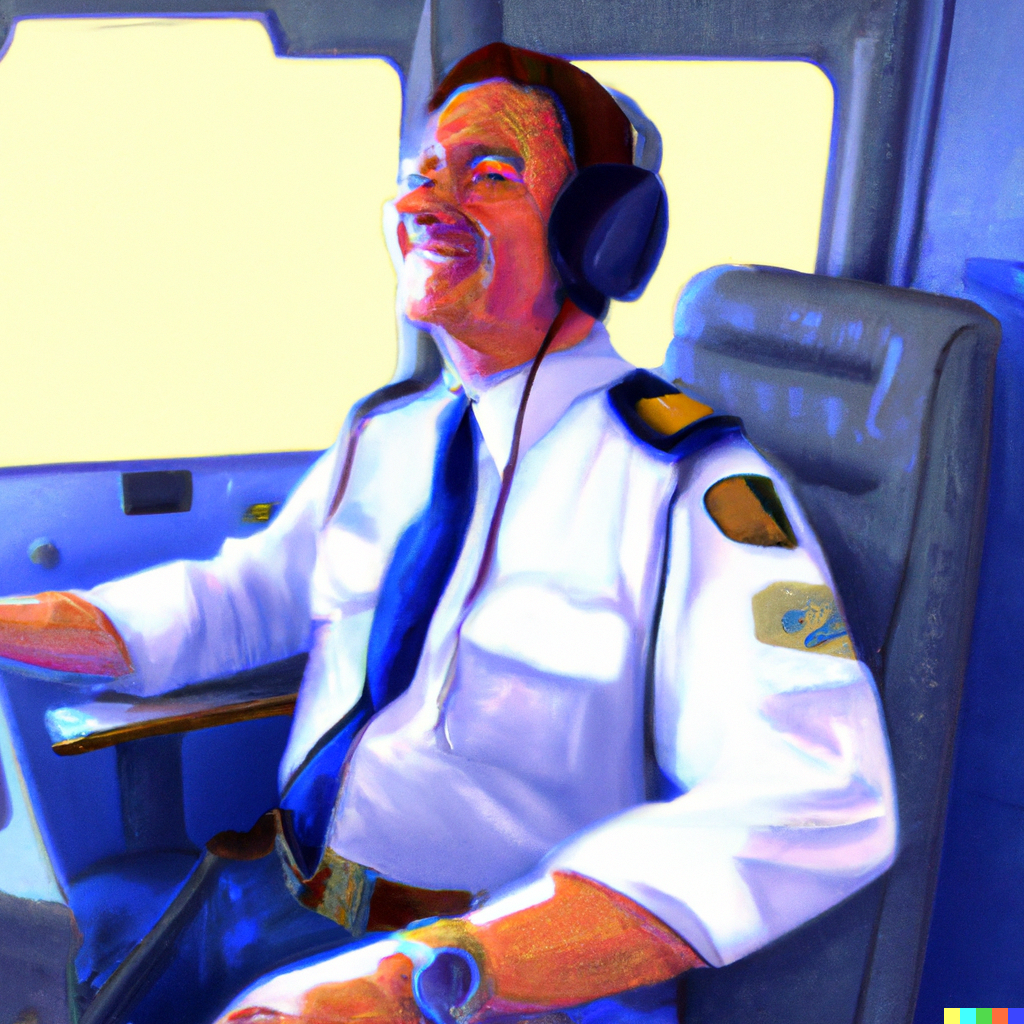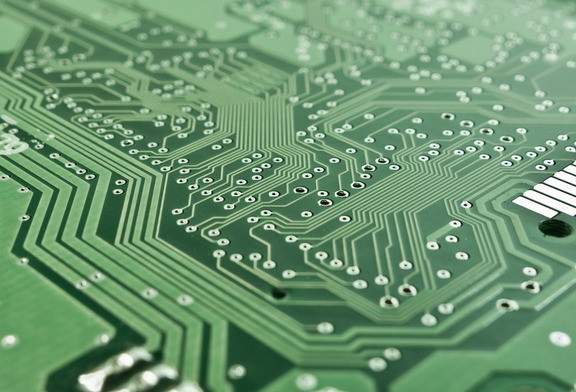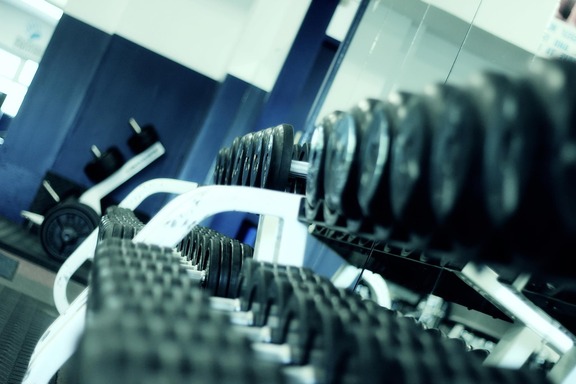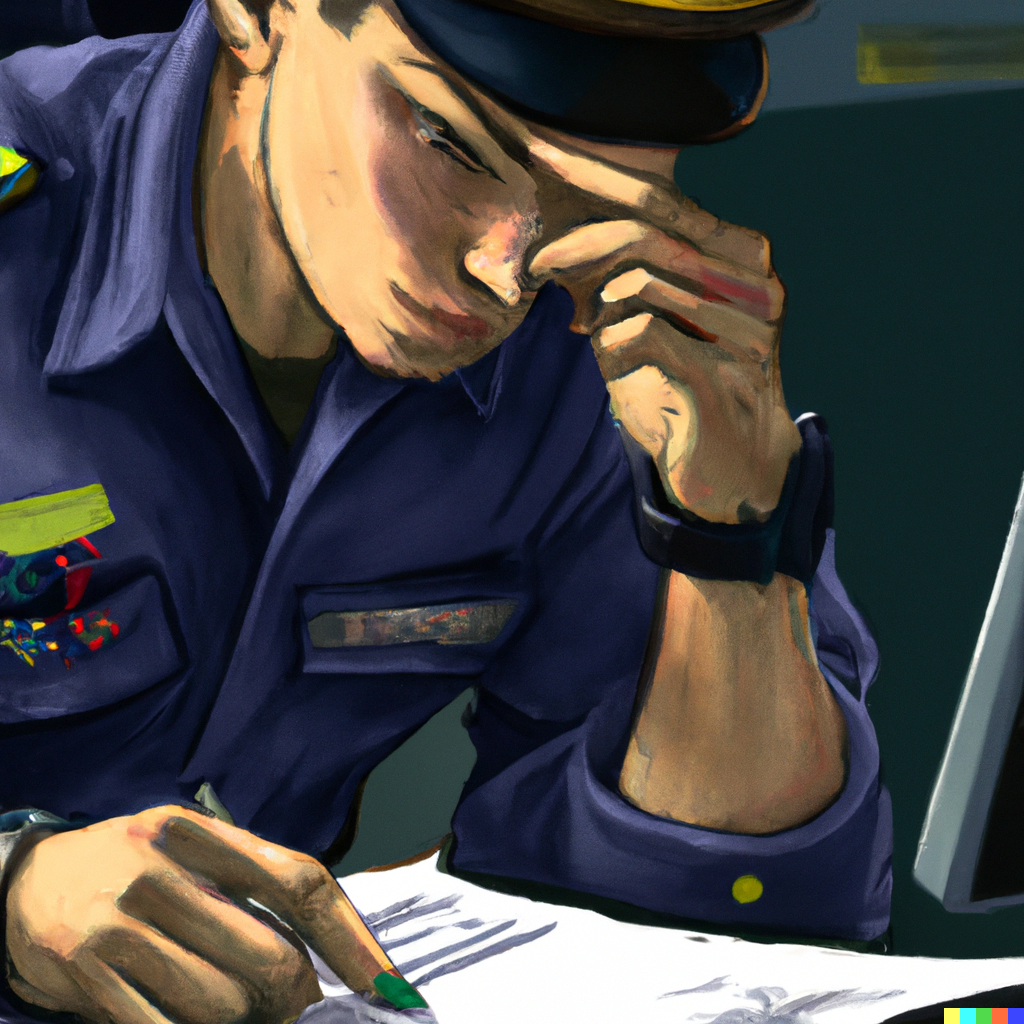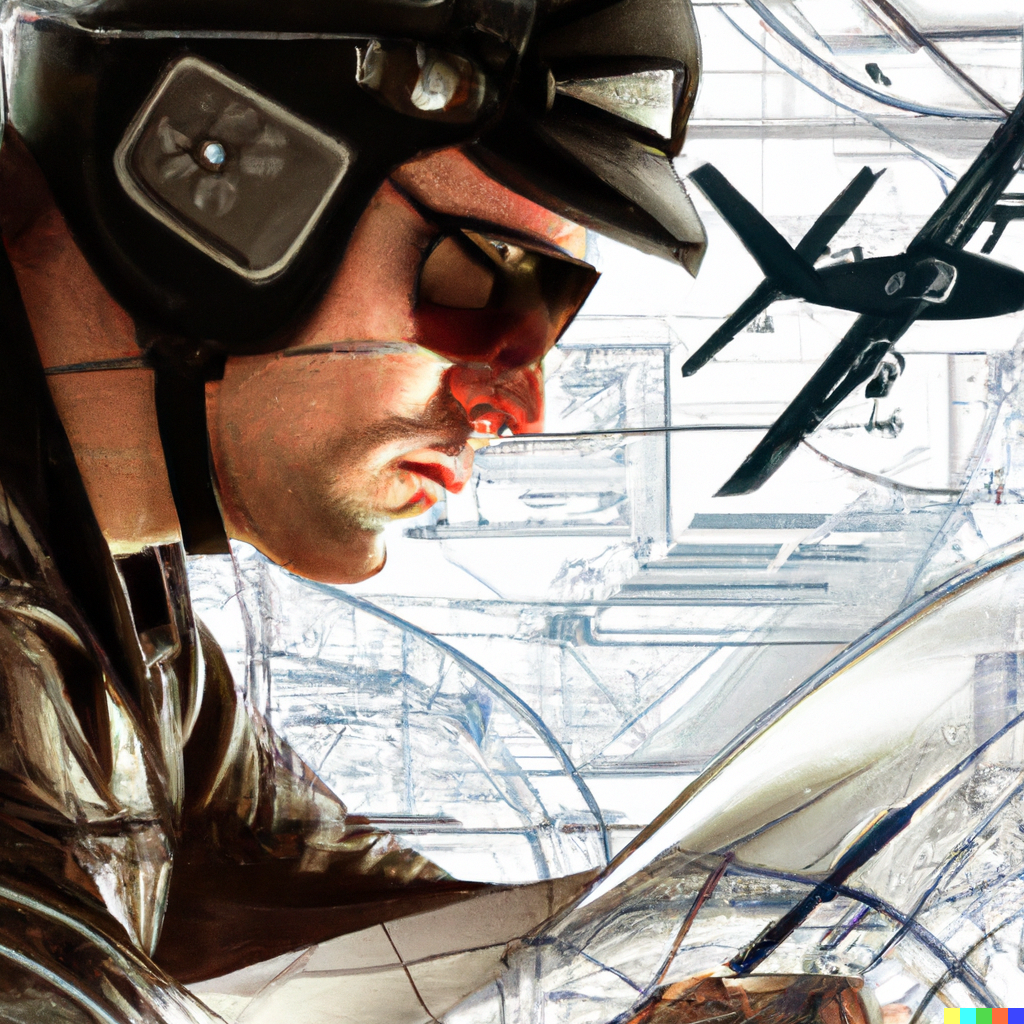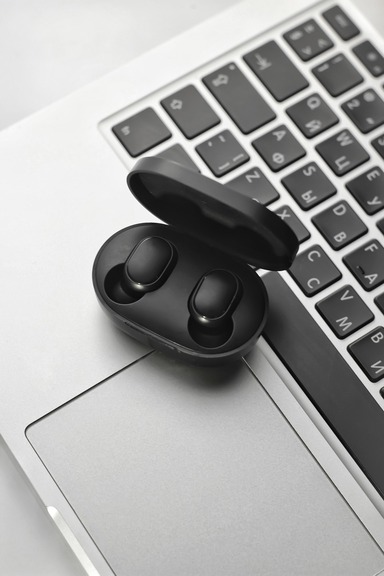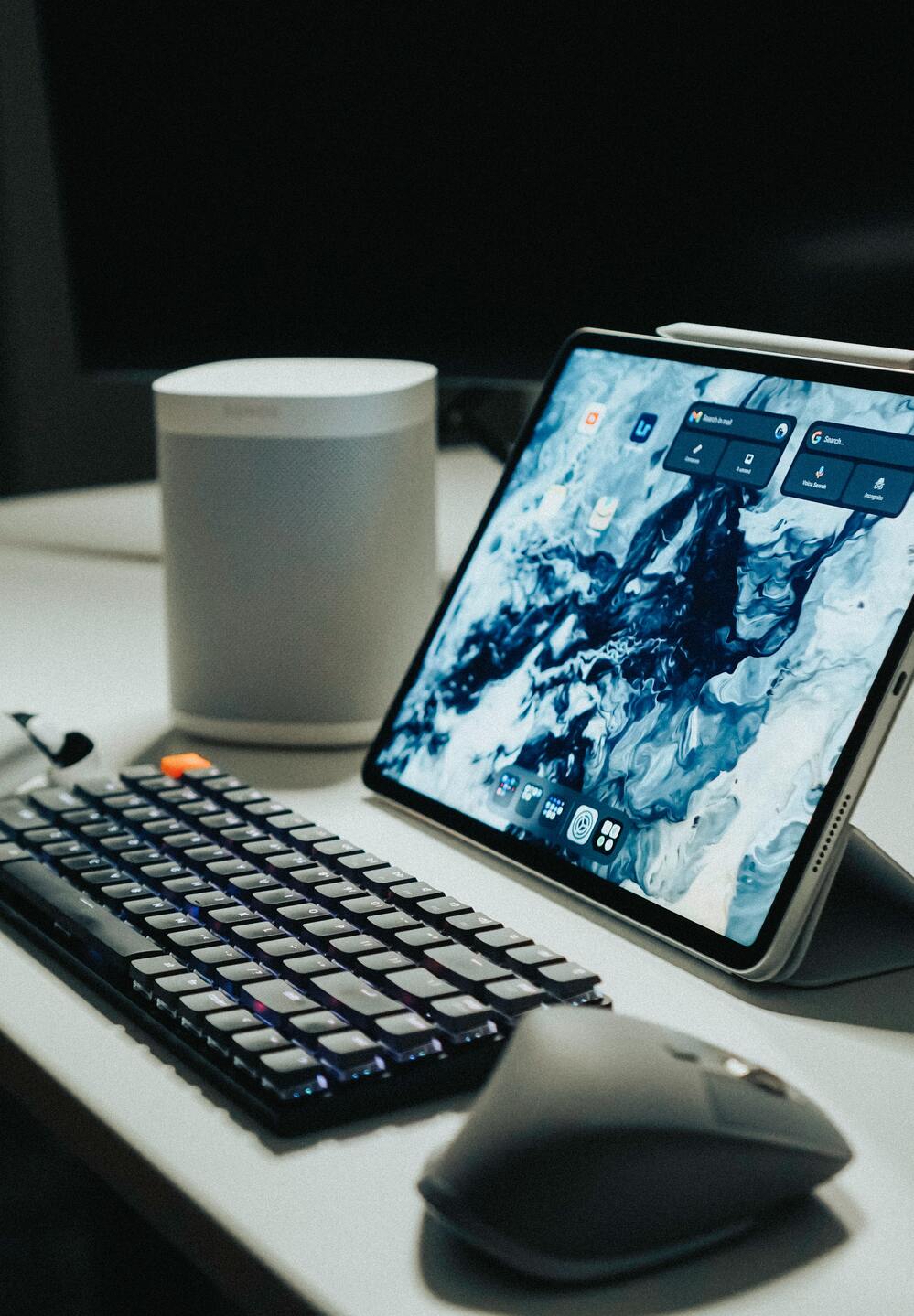Understanding the Financial Aspects of Becoming a Pilot
Alexander Kellerson
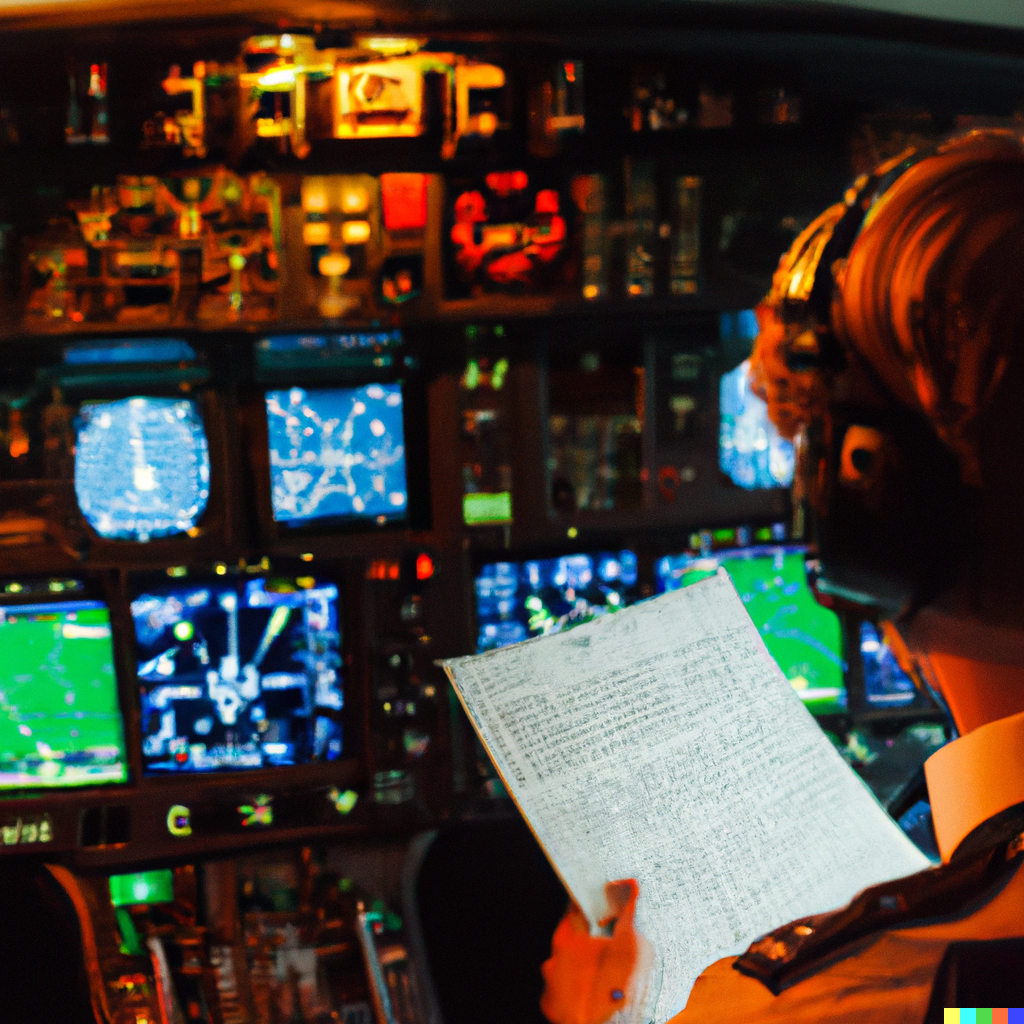
Embarking on the journey to become a pilot is not only an adventure of a lifetime, but it also entails a comprehensive understanding of the financial aspects involved. In our article, Understanding the Financial Aspects of Becoming a Pilot, we delve into the various cost factors that prospective pilots must consider. From flight school tuition to aircraft rental rates, we'll unravel the intricate details of these expenses. We won't stop there, however. We'll also explore the costs associated with hiring a flight instructor, the necessary equipment required for your flight training, the medical examinations you'll need to pass, and finally, we'll shed light on the often overlooked insurance and licensing fees. So buckle up and get ready to navigate the financial skies of your aviation journey!
Flight School Tuition
The journey to becoming a pilot begins with enrolling in a reputable flight school, which is a substantial investment. While the cost of flight school varies depending on factors such as the type of aircraft you'll be learning to operate and the region where the school is located, you can generally expect to spend between $5,000 to $9,000 for a basic pilot's license. Keep in mind, this is just the beginning; attaining higher levels of certification, like a commercial pilot's license, will incur further costs. However, the financial commitment is well worth it when you consider the skills you will acquire and the doors that will open for you in the aviation industry.
Aircraft Rental Rates
Delving into the specifics, one of the significant expenditures you're likely to encounter on your journey to becoming a pilot is the aircraft rental rates. These can vary widely depending on factors such as the type of aircraft you're flying, its age and condition, and the region in which you're training. For a basic trainer aircraft, you can expect to pay anywhere from $100 to $200 per hour, but for more advanced models, the rates can soar up to $1,000 per hour. Remember, these costs encompass not just the actual aircraft, but also fuel. It's a substantial part of your budget, but a necessary one to get you airborne.
Flight Instructor Fees
An indispensable part of your journey to becoming a pilot will be your flight instructor. The cost for this expertise can vary widely, usually falling between $40 to $80 per hour. It's important to remember that this is not just for time in the sky. Every hour spent with your instructor on the ground learning theory or reviewing lessons is equally valuable. While it may appear as an additional expense, the insights and safety knowledge they impart are priceless in the long run.
Necessary Equipment Costs
Transitioning now to the topic of necessary equipment costs, it's crucial to understand that your journey to take to the skies also requires tangible tools. A sturdy headset for effective communication, navigation charts, and flight bags are just a few items you'll need, with costs ranging anywhere from $200 to $1000, depending on the brand and quality. Additionally, investing in a good flight simulator software for home practice can also be a game-changer. Remember, these pieces of equipment are not mere accessories, but integral to your flight training, contributing significantly to your overall learning expenses.
Aviation Medical Examination
Before taking flight, every aspiring pilot must clear the hurdle of the Aviation Medical Examination, a crucial yet often overlooked aspect of the overall cost. This examination is conducted by an Aviation Medical Examiner to ensure that the pilot is physically and mentally fit to operate an aircraft. The cost of this examination can range from $75 to $200, depending on the state and the type of certification required. Bear in mind, this is an ongoing cost, as the examination needs to be retaken periodically throughout a pilot's career. Therefore, it is essential to factor this into your financial planning for your aviation journey.
Insurance and Licensing Fees
In addition to the initial training costs, prospective pilots must also consider the expenses associated with insurance and licensing fees. These costs can vary widely depending on the type of aircraft you're planning to fly and the level of coverage desired. Typically, licensing fees include a written exam fee, a flight test fee, and an issuing fee for the license itself. Insurance, on the other hand, is a safety net that protects you financially in case of any unforeseen incidents or accidents. While these costs may seem daunting, they are vital investments in your journey to becoming a pilot.
Summarizing the Total Investment in Your Aviation Dream
In conclusion, the journey to becoming a skilled pilot is undoubtedly an exciting adventure. However, it's essential to be fully aware of the financial factors involved. These include the significant flight school tuition, aircraft rental rates, and the cost of hiring a competent flight instructor. Furthermore, purchasing necessary equipment, undergoing aviation medical exams, and paying for insurance and licensing fees are integral parts of the process. By understanding these costs, you can adequately plan your journey, ensuring a smooth and enjoyable flight into the world of aviation. Here's to your success in conquering the skies!

